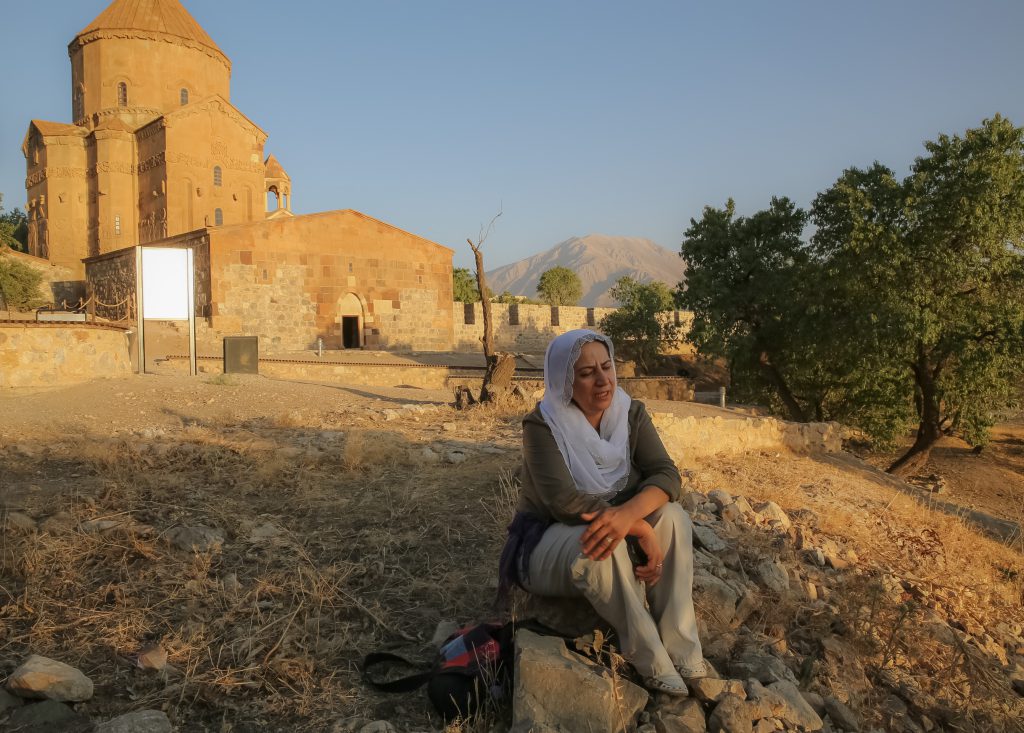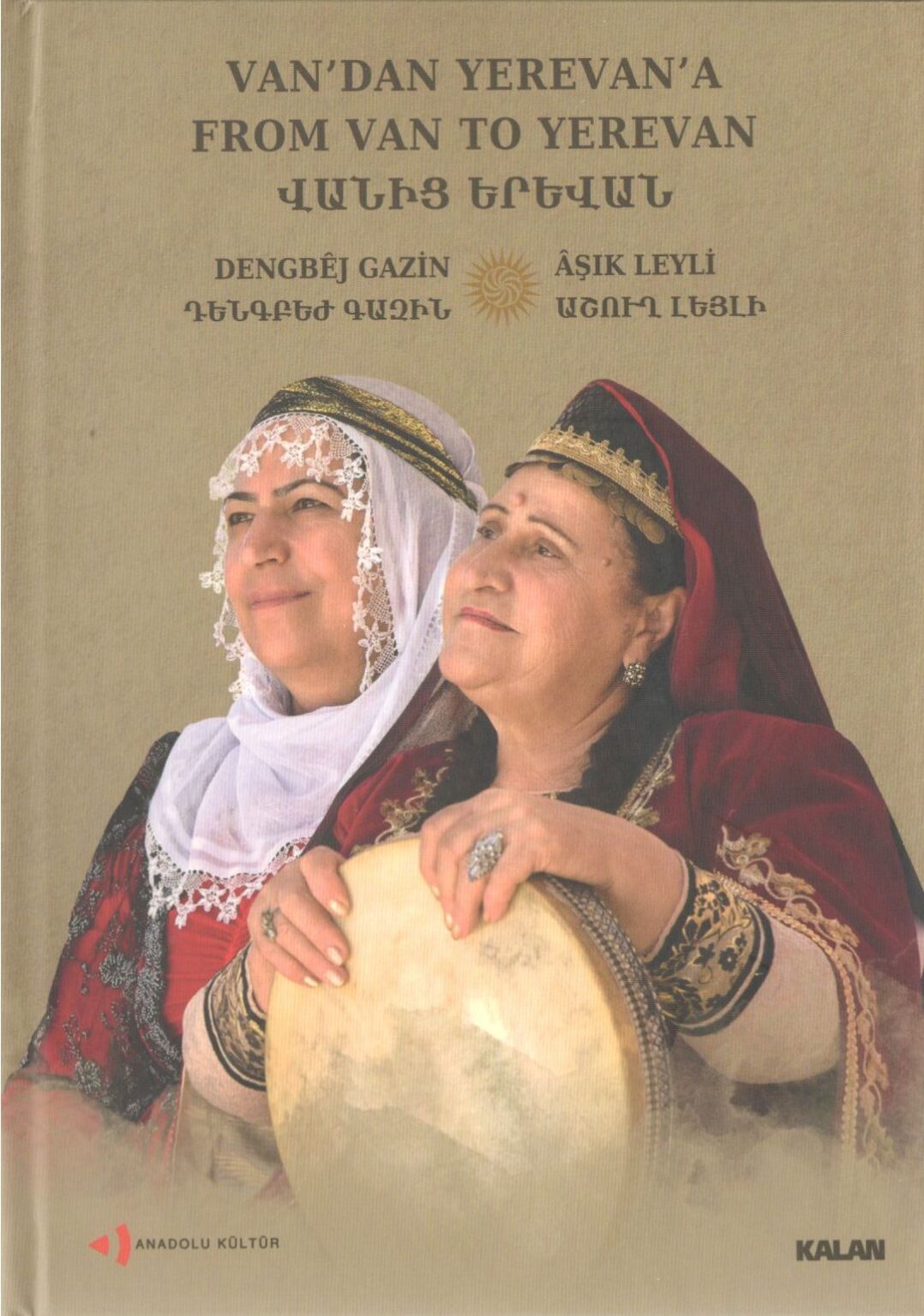Politics Of Martyrdom
Episode 1: New martyrs, nationalism, and moral conservatism in contemporary Russia and Cyprus
The first in a series of episodes on the politics of martyrdom in which we consider how religious and spiritual ideas about self-sacrifice animate contemporary social movements, political ideas,
and moral imaginaries. In this episode, social anthropologist Dr Victoria Fomina (University of Toronto) discusses the rise of new martyr cults in the Christian Orthodox world, and how these
articulate with a rise of nationalist politics, an admiration of militarist values, and the appeal of moral conservatism.
Episode 2: Martyrdom, sacrifice, and affect in Pakistan
2020). Together we discuss the role that affects and emotions play in making martyrdom a key theme for Pakistani militarism, the way in which gender impacts ideas about sacrifice, and how
religion and nationalism intersect in the construction of martyrdom.
Episode 3: Revolutionary afterlives, promiscuous martyrs, and India’s haunted present
In this third and final episode of our mini-series on the politics of martyrdom, we talk to historian Dr Chris Moffat (Queen Mary University London) about the manifold afterlives of the
early-twentieth-century Indian revolutionary Bhagat Singh. Our conversation explores the political potency of self-sacrifice, interrogates the difficulty to stabilize the meaning of martyrdom,
and reflects on the politics of commemoration in contemporary India.
Living with Religious Difference
Episode 1: Religion as Moral Infrastructure in Rio de Janeiro
In this opening episode of our new miniseries on Living with Religious Difference, the guest is Dr Tilmann Heil who talks about his research with Muslim Senegalese migrants in Rio de Janeiro, Brazil. We consider how religion may function as a moral infrastructure that allows navigating a world where different communities, beliefs, and convictions meet. Tilmann outlines how his interlocutors position themselves within their new lifeworlds and how religion becomes a key resource for negotiating, taming, and accommodating societal difference.
Episode 2: Ruins, treasures, and memories of state violence in eastern Anatolia
For the second episode of our mini-series on Living with Religious Difference, Dr Marlene Schäfers talked to Dr Anoush Suni (Northwestern University) about her research on the reverberations of the historic Armenian presence in the lives of contemporary Kurdish communities in eastern Anatolia. Together they explore how the memory of the Armenian past lives on within Kurdish communities, how legacies of state violence materialize in ruins and treasures, and discuss how Armenian religious sites take on new meaning within Kurdish life worlds.
Episode 3: Between Muslims: Religious Difference in Iraqi Kurdistan
In this third instalment of our mini-series on Living with Religious Difference, we talk to Dr Andrew Bush (Cracow University of Economics) about the way in which pious and not so pious Muslims in Iraqi Kurdistan craft everyday lives together. During our conversation, we delve into the everyday as a site of exploring religious difference and consider how poetry becomes a way of engaging with alterity, whether Christian, Muslim, or other.
Religion and Climate Change
Episode 1: Spirituality, religious communities and climate change activism
In this first episode of our mini-series on religion and climate change, we host Dr Tobias Müller (University of Cambridge) to talk about the role religious communities play in climate change activism. Reporting from his research with Extinction Rebellion (XR) and at COP26, Tobias talks about the many points of convergence between spirituality and climate activism and highlights how religious communities and their heritage can become crucial resources in the fight for a just, carbon-neutral future.
Episode 2: Theology in the Anthropocene
In this second instalment on religion and climate change, we host Dr Hjördis Becker-Lindenthal (University of Cambridge) and Dr Simone Kotva (University of Oslo) to talk about the reverberations of Christian theology within environmental movements. Together we discuss how to face the end of the world as we know it, how to tackle climate despair, and what it might mean to cultivate a spiritual attitude toward nature.

Afterlives: A thematic thread
Afterlives seeks to submit to scrutiny a concept that more often than not remains an under-explored metaphor. What forms of temporal experience, the thread asks, does the notion of afterlife allow capturing? How can it push us to rethink the boundaries of vitality? And, not least, what might the contemporary proliferation of afterlives tell us about our anxieties concerning life and its ambiguous endings in the 21st century?
Curated by Marlene Schäfers.

From Van to Yerevan: Dengbêj Gazîn & Ashugh Leyli
CD produced by Kalan Music (2017), in collaboration with Anadolu Kültür. Part of the “Women Ashughs and Dengbêjs Project” that took place in 2014-15 within the framework of the Support to the Armenia-Turkey Normalisation Programme, funded by the European Union, which I co-organized and accompanied as consultant.
